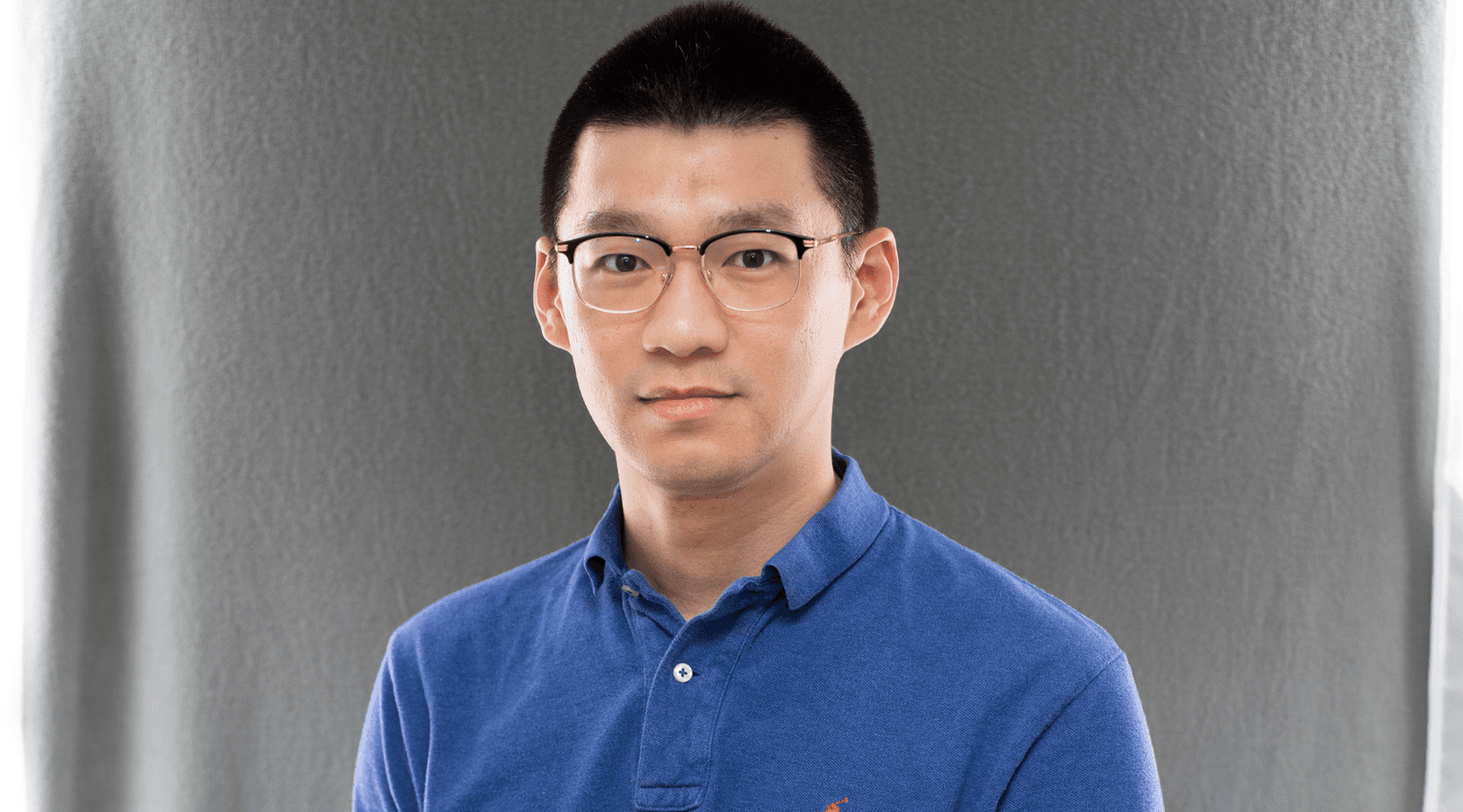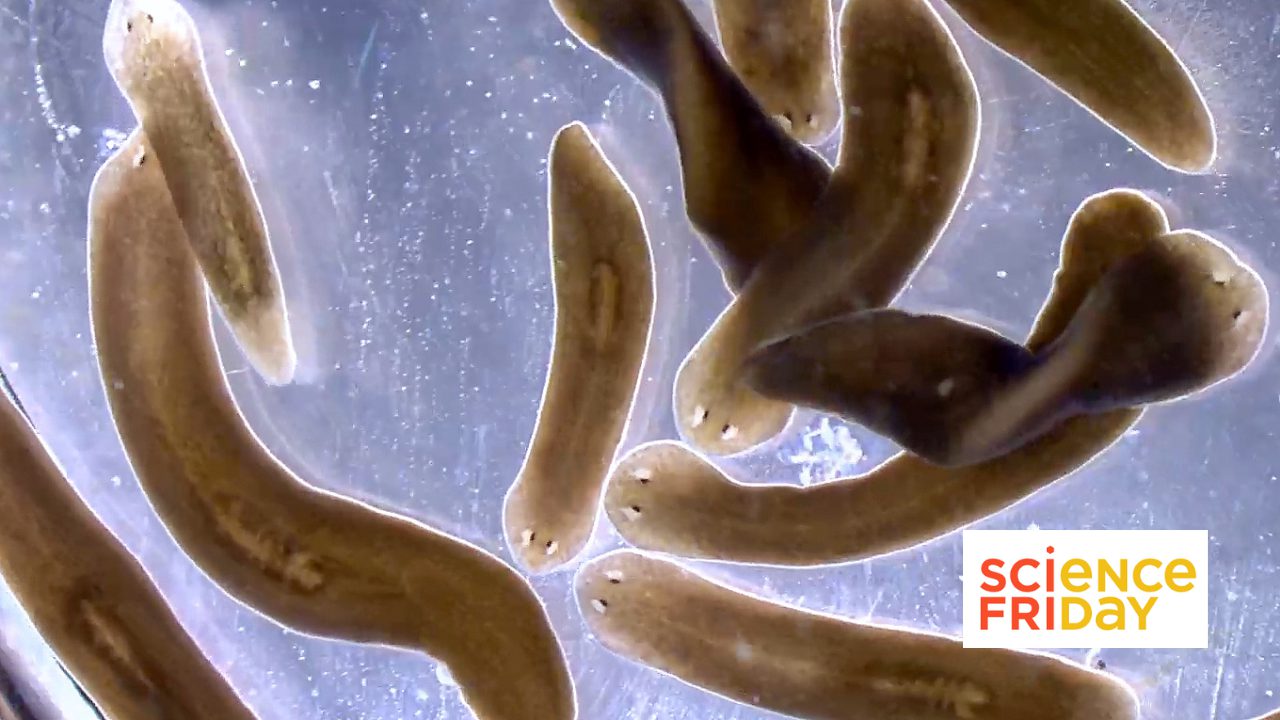In The News

07 January 2026
Investigator Kamena Kostova, named ‘Cell Scientist to Watch’
From the Journal of Cell Science, Investigator Kamena Kostova named a 'Cell Scientist to Watch'
Read Article
News
"Science is hard, but so cool! Especially a field as complicated as biology! Stay humble, objectively interpret the data, and always cross validate your findings."

What is your current research focus and why?
We're working on several projects exploring how cells communicate and behave, specifically focusing on a signaling pathway called Wnt/Beta-catenin. This pathway is involved in both normal development and cancer.
One project aims to develop a new kind of medicine using small protein pieces called peptides, to block this pathway inside cells. We’re taking this approach because traditional medicines can sometimes be harmful, and we're trying to find a safer way to interrupt the pathway.
In another project, we’re studying how adding a chemical tag (phosphorylation) to one end of the beta-catenin molecule affects what it does in the cell. Understanding this impact can help us learn more about how cells grow and why they sometimes turn cancerous.
Growing up, what career did you want to pursue?
Growing up, I hadn't given much thought to what I specifically wanted to be. But I never imagined myself as a scientist, particularly not a biologist; it was far from being my top career choice. However, as I began studying biology in college, my interest in biology gradually increased, and I realized that I actually enjoy unraveling the mysteries of life.
When and how did you become interested in a career in science?
As a child, I would say my curiosity, competitive spirit, and love for video games defined me. There wasn't a single moment that pushed me towards science; rather, my desire to excel in video games led me to research their mechanics and practice diligently. This pursuit, I believe, parallels scientific inquiry, where extreme dedication is required. The realm of science presents more questions than I could possibly solve, yet the satisfaction of unraveling a mystery and validating discoveries through various methods is unmatched.
What made you decide to join the Li Lab at the Stowers Institute?
During my Ph.D., I studied the nematode roundworm C. elegans, but I decided to pursue a career in stem cell research instead. The research in the Li Lab was brought to my attention by a member of my thesis committee during a casual chat. That was when I first became aware of the intriguing research being conducted in the Li Lab and the Stowers Institute. Given my competitive nature, I've always aimed to contribute to work that has a fundamental impact, and the impressive achievements of the Li Lab clearly indicate it's an excellent place to do just that.
What is your favorite non-research related memory at the Stowers Institute so far?
I’ve really enjoyed the convenience and amenities the Institute provides for members. It's entirely feasible for me to spend an entire week straight at the Institute.
Where do you see yourself in 10 years?
I hope to have established my own lab and to continue the excellent foundational research I’ve pursued here at the Institute.
What advice do you have for other people curious about a career in science?
Science is hard, but so cool! Especially a field as complicated as biology! Stay humble, objectively interpret the data, and always cross validate your findings.
No one is correct all of the time. It's important to revise one's hypothesis if various data suggest a different direction.
To read more Postdoc Profiles, click here.
In The News

07 January 2026
From the Journal of Cell Science, Investigator Kamena Kostova named a 'Cell Scientist to Watch'
Read Article
#Stowers25: Celebrating 25 Years
06 January 2026
Alejandro Sánchez Alvarado, Ph.D., reflects on a year of discovery, gratitude, and the community that helps support our mission.
Read Article
In The News

01 January 2026
From Science Friday, President and CSO Alejandro Sánchez Alvarado talks about the science of regeneration and the biology lessons we can carry into the new year.
Read Article
